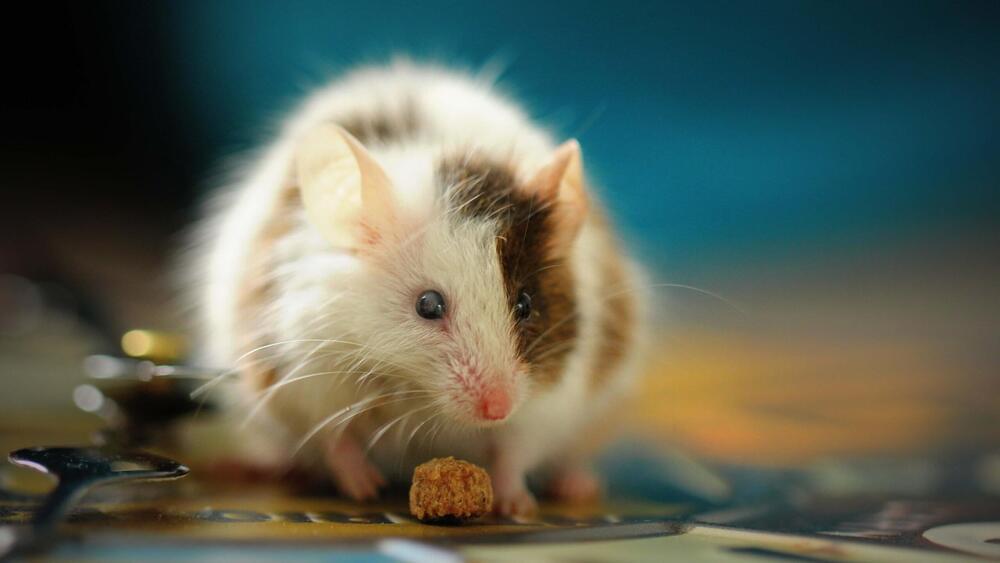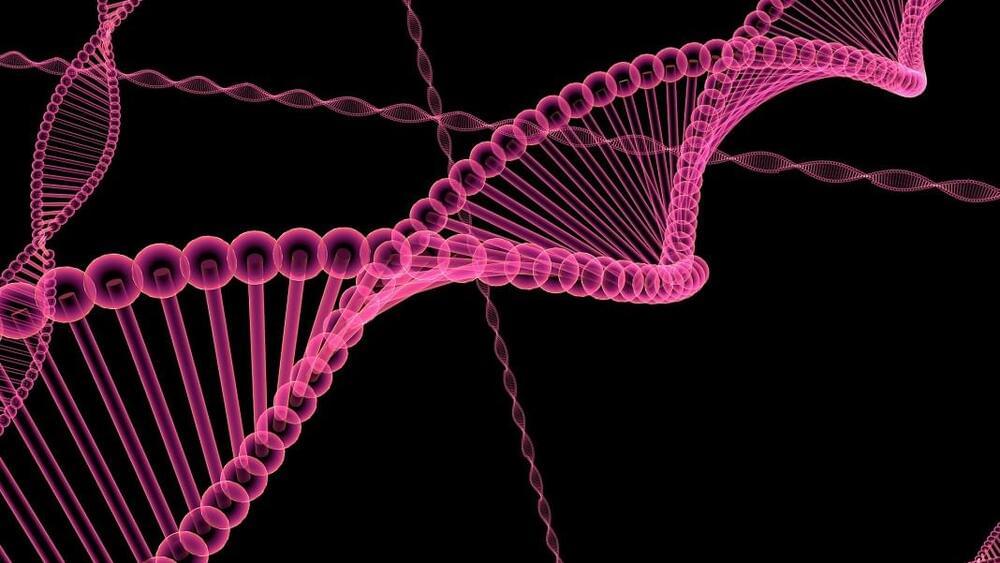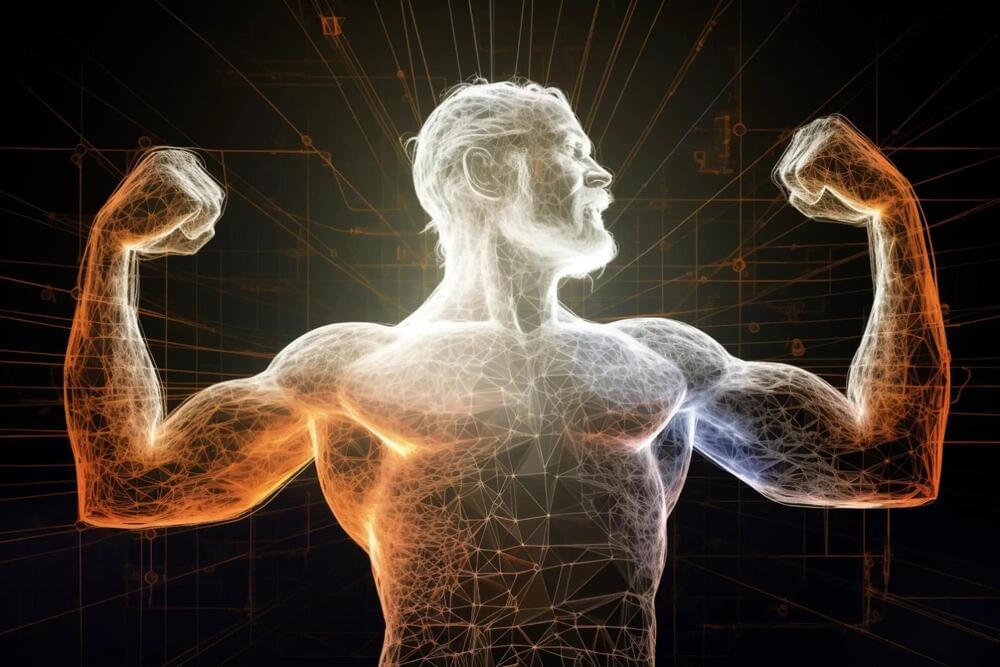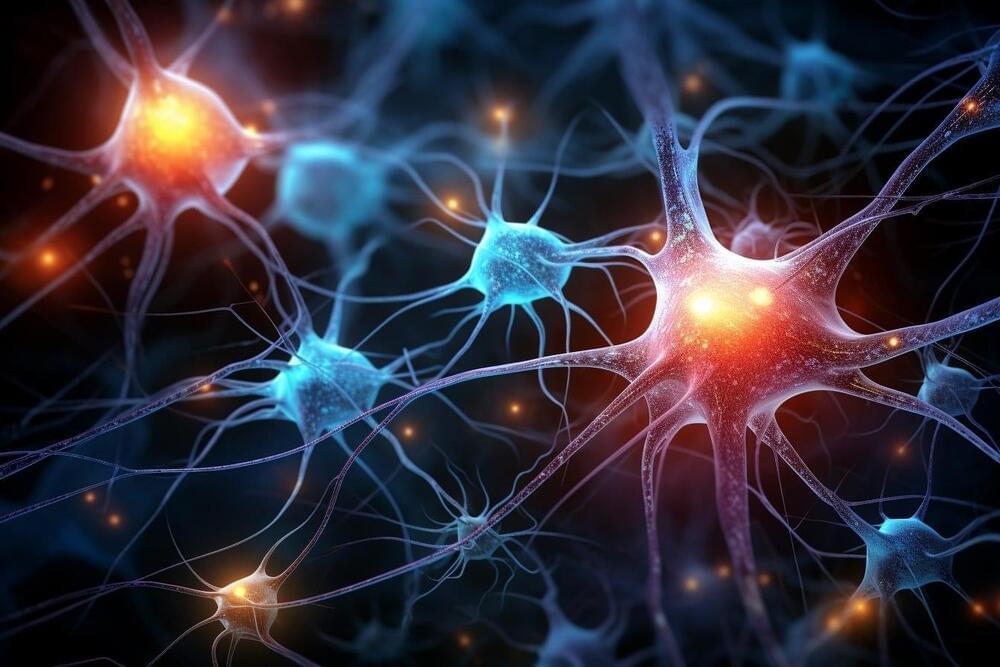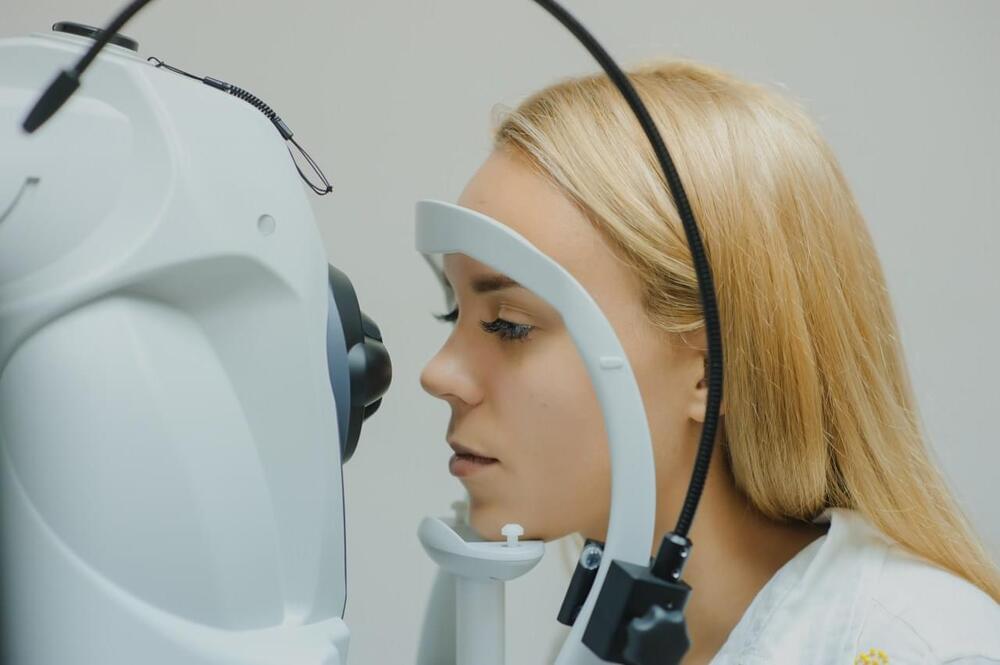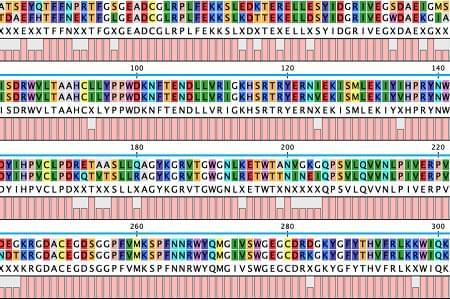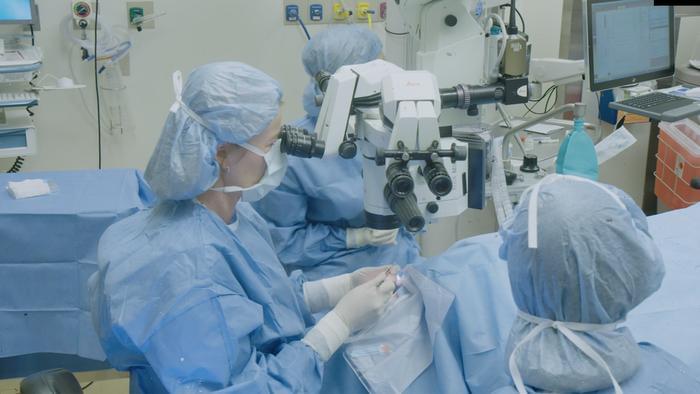The new study, published in Nature, showed that the unassuming protein is far from a one-trick pony. Rather than a simple protein cog in the body’s wound-healing machine, PF4 also acts as an ambassador between the brain and the immune system. When young, the protein “gatekeeper” tunes down inflammation and helps maintain the brain’s cognitive functions.
Unfortunately, PF4 levels in the body nosedive with age. The drop incites a spark of inflammation in the brain’s “memory center”—the hippocampus—and hampers the neurons’ ability to communicate. Neural networks misfire. As does memory: an aged animal struggles to remember new places or learn new tasks.
It’s not all bad news. In one test, a jab of PF4 partially reset the body’s immune system, lowering levels of proteins that promote inflammation, and boosted cognition in elderly mice.
